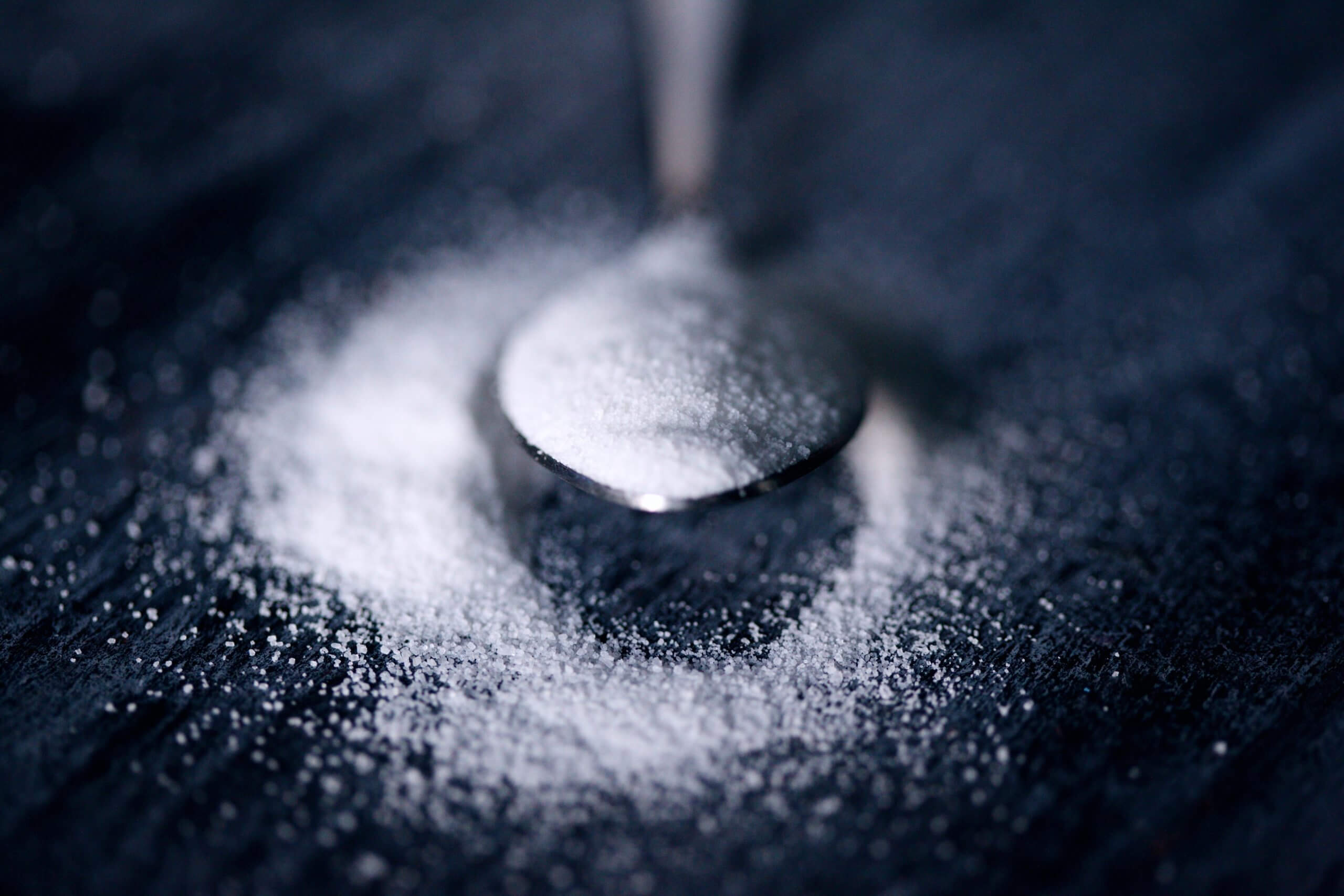Artificial sugar may taste good in your coffee, but your liver begs to differ. New research from the Medical College of Wisconsin reveals how two popular sweeteners can disrupt your liver from detoxifying and metabolizing drugs.
“With an estimated 40% of Americans regularly consuming non-nutritive sweeteners, it’s important to understand how they affect the body,” said Laura Danner, a doctoral student at the Medical College of Wisconsin in a media release. “In fact, many people don’t realize that these sweeteners are found in light or zero-sugar versions of yogurts and snack foods and even in non-food products like liquid medicines and certain cosmetics.”
The team studied the effect artificial sweeteners acesulfame potassium and sucralose have on liver cells. They used cell-free assays to study cellular processes of liver cells such as transport. Results showed that acesulfame potassium and sucralose prevented a protein called P-glycoprotein (PGP) from doing its job. PGP is one of many proteins that work to eliminate toxins and drugs from the body.
“We observed that sweeteners impacted PGP activity in liver cells at concentrations expected through consumption of common foods and beverages, far below the recommended FDA maximum limits,” explains Stephanie Olivier Van Stichelen, PhD, who leads the research team. “To our knowledge, we are the first group to decipher the molecular mechanism by which non-nutritive sweeteners impact detoxification in the liver.”
The artificial sweeteners stimulate liver cells’ transport process and binded to PGP. Doing so made it unable to bind to other drugs, drug metabolites, lipids that needed to be transported out of the body.
While preclinical and clinical data is necessary to verify the results, the results suggest non-nutritive sweeteners could harm people who take medications — antidepressants, antibiotics, and blood pressure medications — that rely on PGP to metabolize and remove the drug.
“If future studies confirm that non-nutritive sweeteners impair the body’s detoxification process, it would be essential to study the potential interactions and determine safe levels of consumption for at-risk groups,” explains Danner. “It might also be important to include specific amounts non-nutritive sweeteners included on food labels so that people can better track their intake.”
Future studies will further study the drug transport in more complex models to determine how much damage both artificial sweeteners have on drug metabolism. They are also looking at mixes of these sweeteners, which is similar to how most food products carry these ingredients.
The researchers will present their findings at the Experimental Biology (EB) 2022 meeting.
